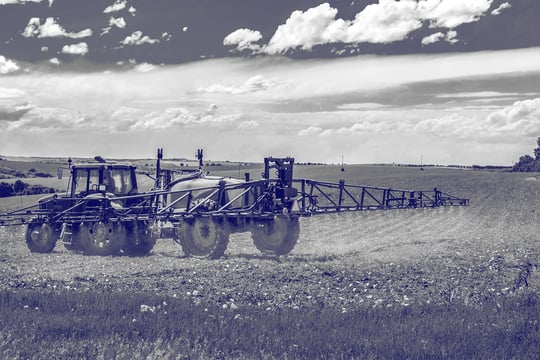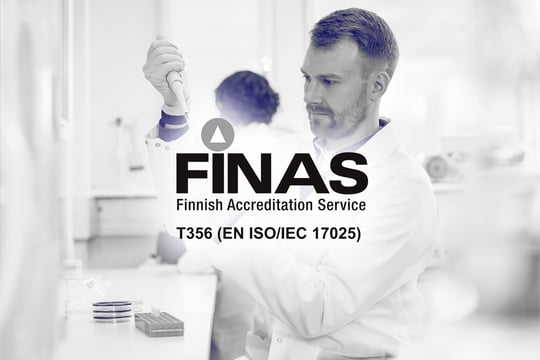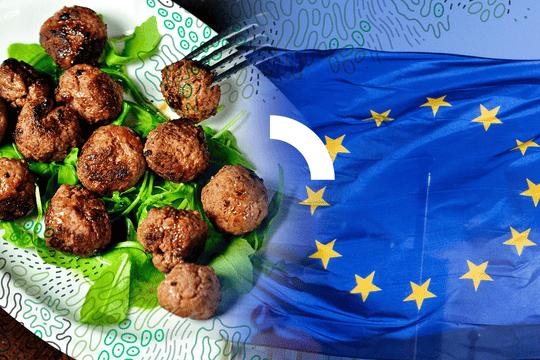
On 5 April 2019, the EFSA FEEDAP Panel published updated guidance on environmental risk assessment (ERA) after examining 133 comments from stakeholders. It is part of the process of considering new scientific developments and experience gained in the assessment of dossiers under the remit of the Panel. The 78-page ERA guidance replaces the 2008 guidance.
If your microbe is presumed safe, environmental risk assessment is not needed
According to the guidance, if a microorganism is included in the EFSA QPS list (Qualified Presumption of Safety) and meets all qualifications, including the absence of acquired antimicrobial resistance genes, no ERA is required. On the other hand, microbial strains carrying such AMR genes are presumed to pose an environmental risk.
If your microbe isn't presumed safe, environmental risk assessment is usually needed
If the microorganism is not included in the QPS list, ERA is required on a case-by-case basis. ERA is not required if the microorganism is naturally present in the soil, plant or gastrointestinal tract.
If the microorganism is not naturally present in those environments, ERA is probably required, but not absolutely. For such cases, the FEEDAP Panel provides two references:
1) OECD guidance to the environmental safety evaluation of microbial biocontrol agents; and
2) EFSA GMO Panel guidance 2011 on the risk assessment of genetically modified microorganisms.
What is new in the ERA guidance and what hasn't changed?
Most of the EFSA GMO Panel guidance 2011 is replaced by the FEEDAP Panel guidance 2018 on the characterisation of microorganisms used as feed additives or as production organisms. What remains valid of the 2011 guidance is the evaluation of products belonging to Category 4, i.e. products consisting of or containing genetically modified microorganisms capable of multiplication or of transferring genes. Furthermore, when the additive is genetically modified, the requirements of EU's GMO food safety regulation ie. Regulation No 1829/2003 on genetically modified food and feed should be fulfilled.
All feed additives, including those isolated from production microorganisms, should be assessed via Phase I to identify the additives that do not need further testing. You can reference published studies to support the safety of the additive. The guidance provides details on how to carry out a literature search and report the outcome.
Biosafe can also conduct extensive literature searches (ELS) and literature reviews for environmental risk assessments.
Topic:











